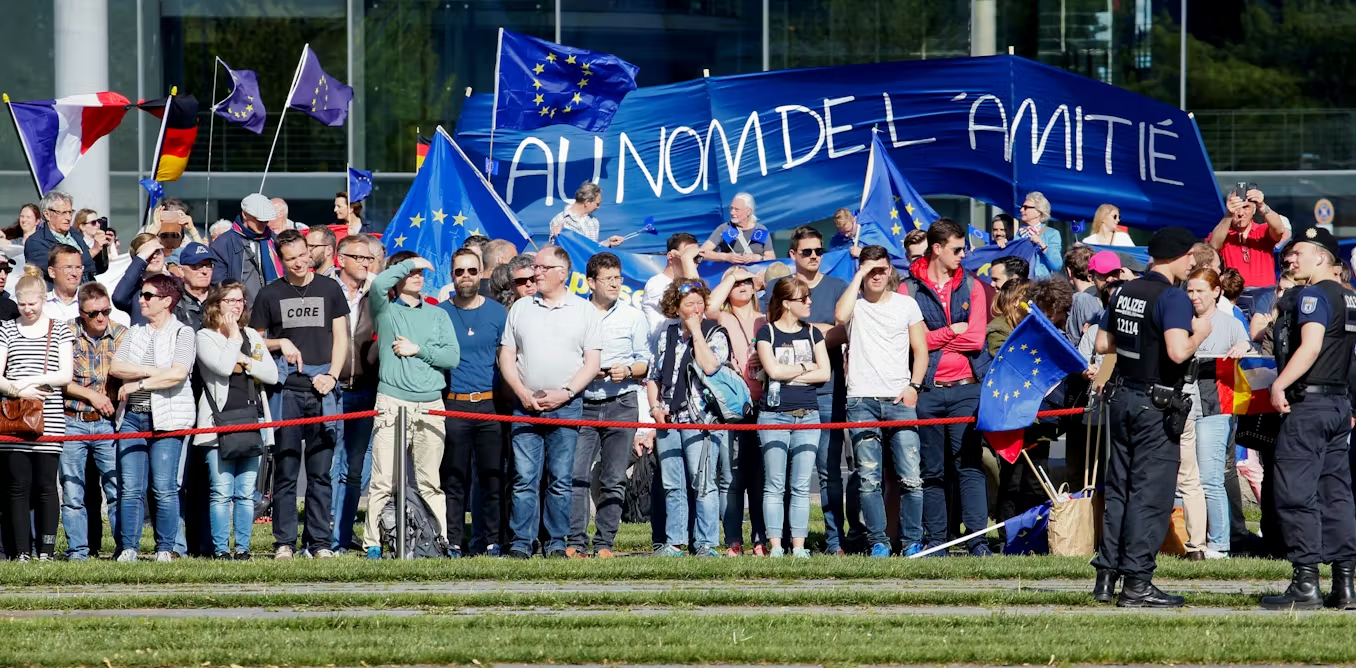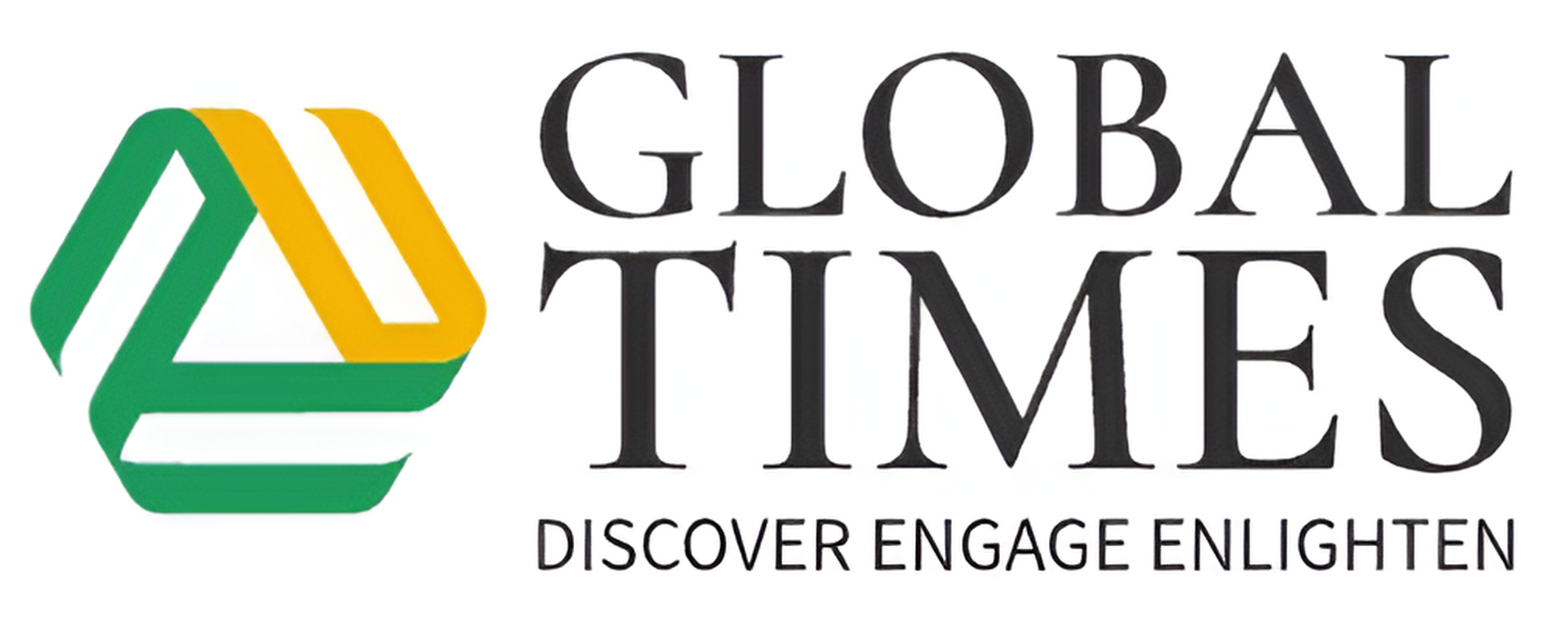Trending
EU Populism Misses the Mark: Real Threats Ignored in Favor of Nationalistic Rhetoric

The recent European elections have sent shockwaves through the continent, with a mere 50% of the 373 million eligible voters across 27 countries participating. The results have left the leaders of Germany and France, two of the bloc’s most powerful nations, significantly weakened. Despite the center-right maintaining a majority in the European Parliament, the surge in support for far-right factions evokes unsettling memories of Europe’s darker historical periods.
The rise of the far-right has been fueled by various factors, including widespread Russian propaganda efforts and local economic issues such as inflation and the urban-rural divide. Notably, these elections have underscored a growing hostility towards mass migration from the southern hemisphere—a phenomenon driven by Africa’s demographic trends and the impacts of climate change. Few politicians from the center or left have addressed this issue directly, often avoiding the uncomfortable truth that Europe’s economies may need some level of migrant labor to offset declining birthrates.
The Economic Backdrop
The broader economic context paints a stark picture for Europe. The EU’s share of global GDP is diminishing, with China’s economy on track to surpass it. In recent years, the U.S. economy has grown more robustly than that of Germany. Europeans generally work fewer hours and take more holidays compared to Americans, and in dollar terms, the EU’s economy now stands at only 65% of America’s, down from 90% before the 2008 financial crisis.
Compounding these issues, Europe has not developed rivals to U.S. tech giants, and its universities rank lower globally compared to those in the U.S. European financial markets also offer less access to capital than their American counterparts, hindering economic dynamism.
Election Aftermath and Populist Gains
The recent elections have primarily benefited parties clinging to traditional models rather than those addressing contemporary challenges. The far-right is capitalizing on fears similar to those that fueled the rise of fascism before World War II. French Prime Minister Gabriel Attal’s warning to avoid the pitfalls of Brexit by looking forward rather than backward seems to have fallen on deaf ears as French voters favored right-wing parties.
Italian Prime Minister Giorgia Meloni has emerged as a significant figure, with her party, the Brothers of Italy, securing almost one-third of the national vote. Meloni, who once praised fascist dictator Benito Mussolini, has since repositioned herself as a respectable political leader, forming a close working relationship with EU Commission President Ursula von der Leyen and being courted by French right-wing leader Marine Le Pen. Meloni advocates for a “zero tolerance” policy on migration and has transformed her party’s image from extremist to mainstream.
The Rise of Far-Right Politics
The mainstreaming of far-right policies, previously considered extremist, reflects a broader shift in European politics. Meloni’s ability to make her far-right party appear respectable highlights a trend where once-radical ideas are now gaining widespread acceptance. This development poses a potential threat to European democracy, as the far-right continues to gain traction across the continent.
Back in 2001, political philosopher Larry Siedentop labeled the EU as “bureaucratic despotism,” a view that has resonated with conservatives, particularly those who championed Brexit. Today, there is a growing recognition, even among some far-right followers, that no European nation, except perhaps the U.S. or China, can thrive or negotiate on the world stage alone. The EU’s collective strength is necessary for economic and political stability, as evidenced by the UK’s struggles post-Brexit.
Challenges and Future Directions
The election results serve as a significant rebuke to Europe’s liberal elites, whose influence has been waning for years. However, there is some solace in the fact that the far-right has not entirely displaced the center-right in the European Parliament. Opposition parties have also made notable gains in Hungary, challenging the anti-democratic regime of Viktor Orban, and Belgium’s Flemish separatist movement did not achieve the feared breakthrough.
A recent continent-wide poll indicates that even in the UK, 66% of voters view the EU positively, possibly reflecting regret over Brexit. Younger Europeans, in particular, show growing enthusiasm for the union, suggesting that the future might hold a more unified perspective towards Europe.
Despite this, the rise of neo-fascist movements on both sides of the Atlantic remains concerning. The European right, similar to the U.S. Republican Party, has seen its policies shift from fringe to mainstream. This normalization of far-right ideology poses a significant risk to the democratic fabric of Europe.
The Real Threats to Europe
Amid the focus on migration as a threat, Europe is missing the more pressing issues of economic decline and geopolitical instability. The U.S. and Asia are poised to dominate the new economic and industrial world, while Europe risks being left behind. Additionally, the threat of further Russian aggression on Europe’s eastern borders looms large. Addressing these realities requires a departure from populist rhetoric and a commitment to pragmatic, forward-looking policies.
The recent elections underscore the need for ruling politicians across the Western world to address immigration effectively. Failure to do so could result in significant political upheaval, as voters demand meaningful solutions to the challenges facing Europe.
In conclusion, while the rise of populist parties in Europe reflects deep-seated fears and frustrations, the real threats to the continent lie in economic stagnation and geopolitical vulnerabilities. It is imperative for European leaders to move beyond populist rhetoric and address these critical issues to secure a stable and prosperous future for the bloc.
